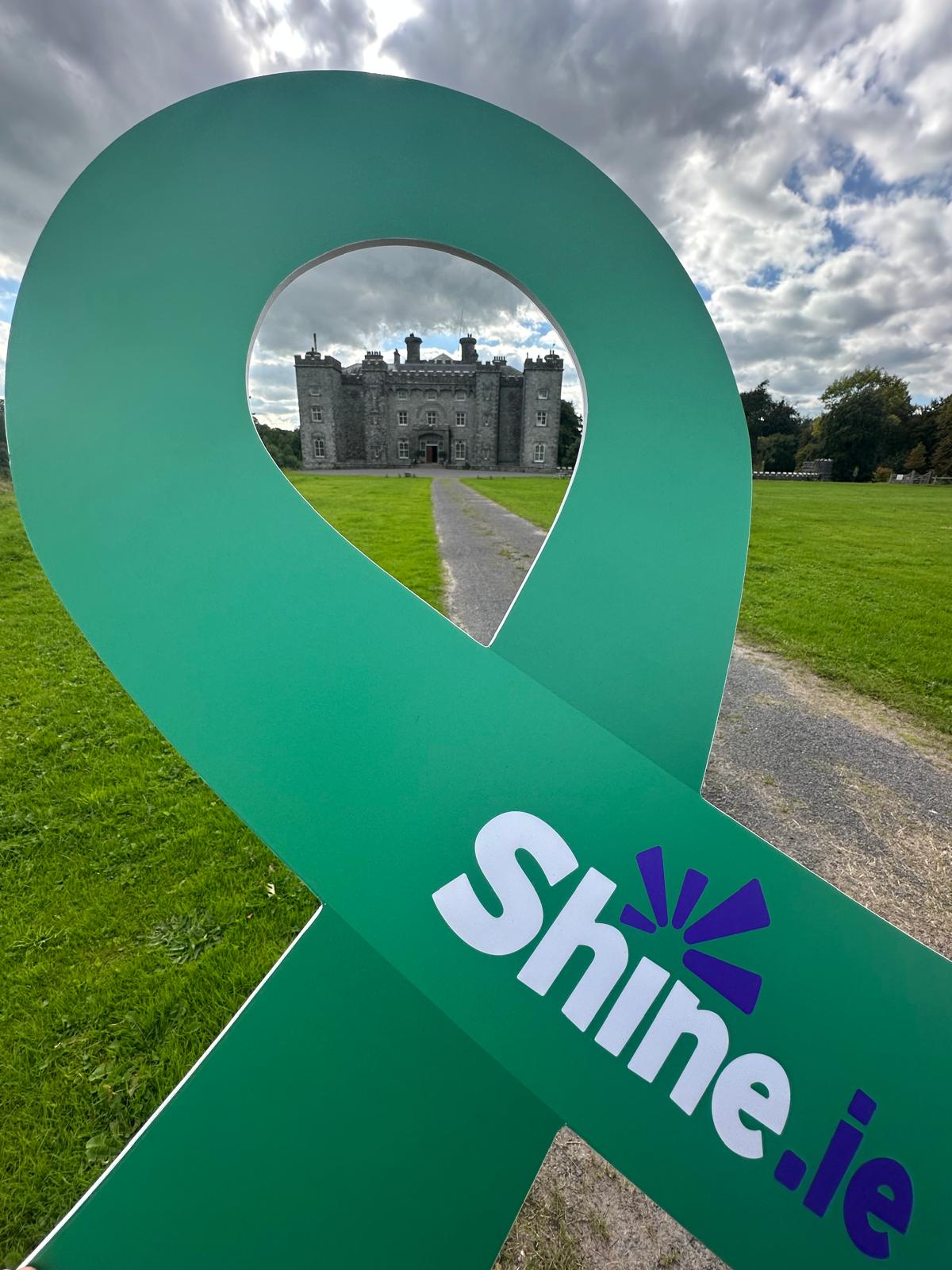
Traitors tells us something profound about mental health: under the right conditions, anyone's mind can falter
From TV drama to real life: why psychosis should not be met with stigma. Contestants in The Traitors can step away when paranoia sets in. For people living with psychosis, there is no such escape, only the need for understanding and support.
From TV drama to real life: why psychosis should not be met with stigma
Contestants in The Traitors can step away when paranoia sets in. For people living with psychosis, there is no such escape, only the need for understanding and support.
The reality TV series The Traitors has captivated audiences with its mix of strategy, betrayal, and psychological pressure. Contestants form alliances one minute and turn on each other the next, as paranoia takes hold in the race for survival. It makes for gripping entertainment. But it also tells us something profound about mental health: under the right conditions, anyone’s mind can falter.
Inside the castle, the environment is deliberately destabilising. Contestants are sleep-deprived, isolated, and pushed into constant suspicion. Bonds of trust are made fragile. Soon, rational people start to see conspiracies where none exist. They become convinced that friends are enemies. In another setting, these behaviours might be labelled paranoia or even psychosis. This is a powerful reminder that mental health is not static. It shifts in response to our circumstances. Remove stability, add relentless stress, and any one of us can begin to doubt what we know and misinterpret what we see.
At Shine, we work every day with people and families affected by psychosis and other mental health difficulties. Too often, psychosis is misunderstood as something distant, something that could never touch “ordinary” lives. But the truth is that vulnerability is part of being human. The Traitors exposes, in exaggerated form, how quickly our grip on reality can be tested.
The key difference is that contestants can step out of the game, return home, and recover. For someone living with psychosis, that return is not immediate and it is rarely free of stigma. Away from the cameras, people often face silence, fear, and discrimination when their minds are in distress.
This is why stigma reduction matters. At Shine, through initiatives like the Green Ribbon campaign, we work to create an Ireland where reaching out for help is met with compassion, not suspicion. If The Traitors teaches us anything, it is that the line between mental wellness and mental illness is far thinner than we like to think.
Instead of watching from the sidelines, let us take this lesson into our communities. Not to ask who the “traitors” are, but to stand together against stigma and ensure that support is always close at hand.
Because the truth is simple: when it comes to mental health, we are all on the same side.




.png)
